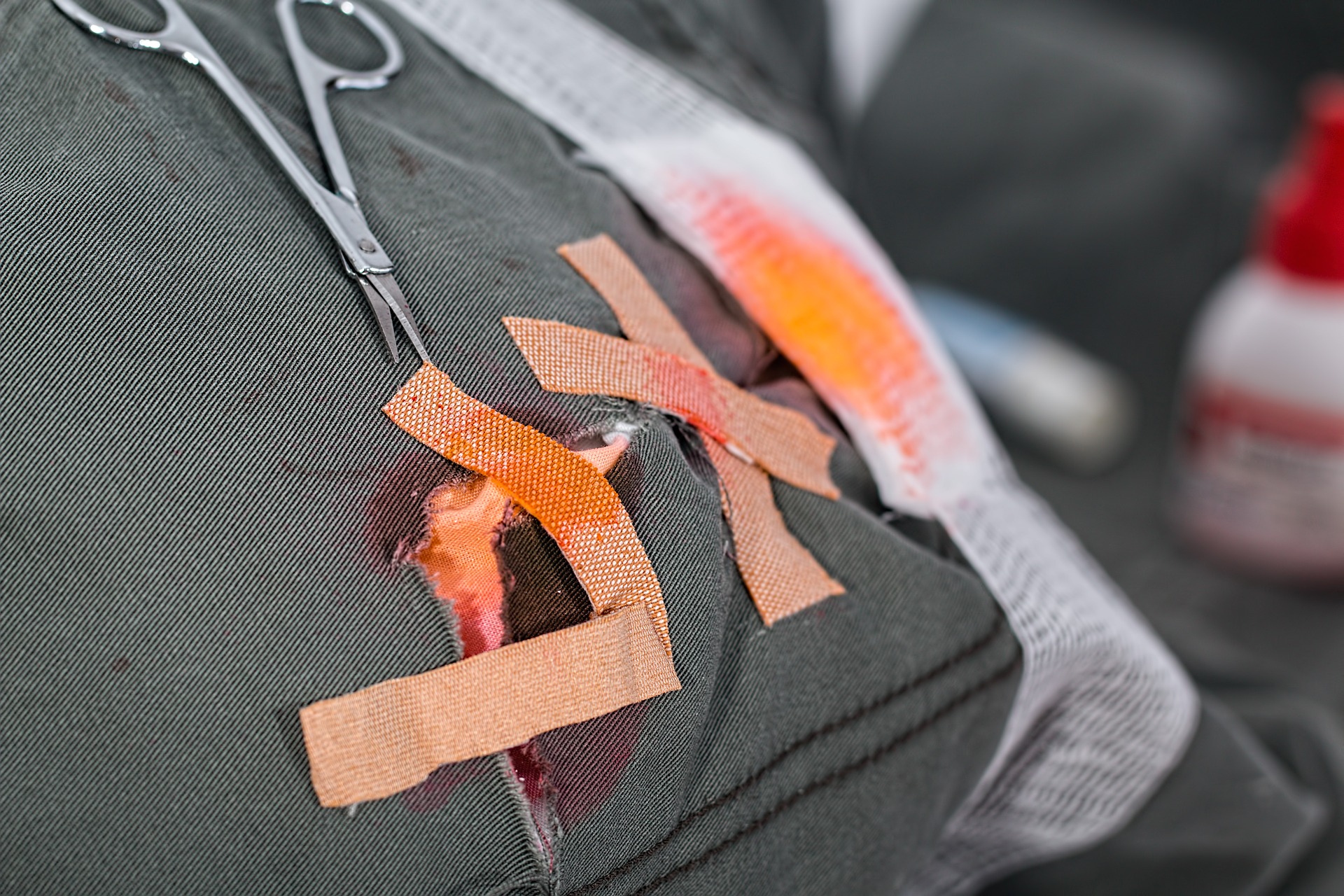Whether it’s a slip and fall, a car accident, an accident at work, or any number of potential injury sources, the fact is that each of us is eligible for a personal injury at any moment. These events are traumatic, inconvenient, and can even have long term consequences. The last thing you need to do in such an event is make an avoidable mistake that just adds to your troubles.

Poor decisions after injuries can lead to complications with the injury down the line and cause significant damage to any injury case, assuming you have one. Knowing about these mistakes and how to avoid them will help your recovery and other ventures go as smoothly as possible following a personal injury.
Not seeking immediate medical care
One of the worst mistakes to make after any injury is failing to seek medical attention. Even if you believe you are fine at the moment, it’s still important to have any injury checked out. You might be able to do this at one of your neighborhood healthcare centers, but if you’re injured at work, you may be required to visit a specific doctor due to your employer’s insurance policy.
Seeking care is important for your own recovery, but it’s also imperative for any kind of workers’ compensation claim or injury case. It is your responsibility to prove that you were actually injured by the accident rather than any other source. This will also establish medical records regarding your injury immediately, and any recommended treatments and follow up appointments should be treated seriously. Inconsistencies or gaps in medical records can be devastating to any injury claim.
Being careless when talking to doctors
While it is of utmost importance to see a doctor after an injury, you should be conscientious of what you say to your doctor, especially if you think you have a legal case. Failing to provide information about previous health conditions, for example, could be a costly mistake. You’ll need to be honest about your injury and whether you’ve suffered a similar one in the past. Insurance companies will look for any way to discredit you and devalue your claim, and hiding the truth from your doctor is easy ammunition for them.
It’s also important not to discuss the possibilities of legal claims with your doctor. Details about your injury are not considered confidential in the context of an injury claim, and any extra information you give could be used against you. This is particularly true if you make any exaggerated statements. You will need to state how and when you were injured, but anything beyond that is generally best avoided.
Failing to collect evidence
If you believe you have a personal injury legal case, it’s important to contact a specialized firm like Preszler Law as soon as possible. It’s also best to be able to bring evidence regarding your injury to the initial consultation.
If at all possible, it’s ideal to collect evidence at the scene itself. Ask if bystanders can take pictures of your surroundings and where you landed. Photographic evidence will be extremely valuable to your claim. If there is any surveillance video of the incident, that will be a great help, as well. Collecting contact information of any willing witnesses to the scene is also a good start.
Even if you’re unable to collect evidence at the time of the accident itself, it’s still worthwhile to return to the scene. While there, collect visual evidence of the area and any markings, machinery, signs, or additional evidence that can add context to your situation.
Most personal injury attorneys work on a contingency basis, so they’ll be less likely to accept cases that seem unnecessarily difficult to win. Bringing your medical records and all relevant information will help you establish yourself as a serious client who is willing to cooperate, and this will give you your best chance at a successful outcome moving forward.
Sam
Recent Posts
- Castor Oil For Better Hair Growth: Is It Myth Or Fact?
- Exploring the Differences Between Sermorelin, Ipamorelin, Ibutamoren, GHRP2, and GHRP6: Understanding Their Role in Human Growth Hormone Regulation
- Unraveling the Mystery: Understanding the Causes and Prognosis of Ventricular Tachycardia Without Apparent Heart Disease
- Understanding Grandparents’ Rights in Oklahoma: Navigating Visitation and Legal Protections
- 10 Reasons to Consider Hypnotherapy for Your Health

